As part of our long-standing Memorandum of Agreement between Bournemouth University and Manmohan Memorial Institute of Health Sciences (MMIHS) in Nepal, Dr. Pramod Regmi taught a postgraduate class in Kathmandu last week. Pramod, who is Principal Academic in International Health in the Centre for Wellbeing and Long-term Health (CWLTH) in the Faculty of Health & Social Sciences, 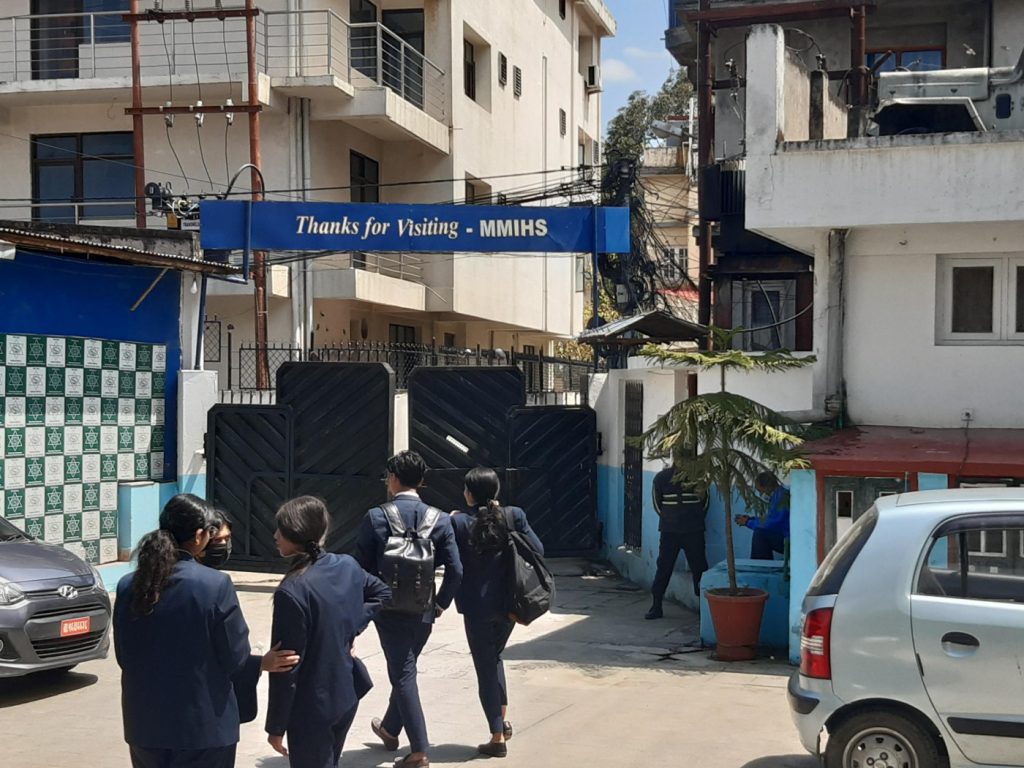 addressed M.Sc. students about the finer aspects of research methods. Tomorrow (Sunday 24th November) I have been invited to speak to the same MMIHS postgraduate students about research theories and paradigms.
addressed M.Sc. students about the finer aspects of research methods. Tomorrow (Sunday 24th November) I have been invited to speak to the same MMIHS postgraduate students about research theories and paradigms.
The process of internationalising higher education institutions through collaborative partnerships like this one between BU and MMIHS, brings benefits to both institutions’ staff and students. This collaboration has led to many BU staff and students visiting Nepal, and many MMIHS staff and student visiting Bournemouth. The collaboration has also led to several successful grant applications and nearly twenty academic publications [1-17].
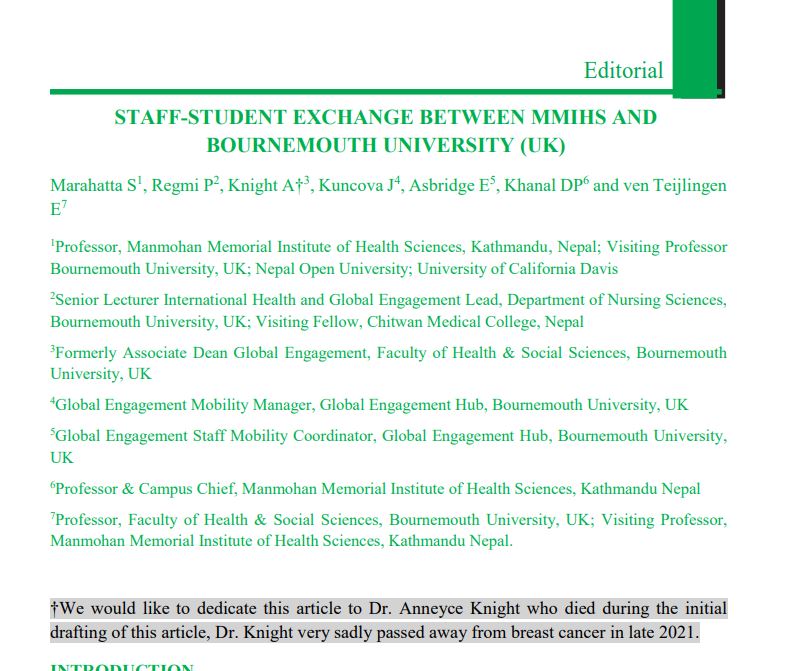
Prof. Edwin van Teijlingen
References (BU + MMIHS authors in bold):
- Simkhada, P., van Teijlingen E., Winter, RC., Fanning, C., Dhungel, A., Marahatta SB. (2015) Why are so many Nepali women killing themselves? Review of key issues Journal of Manmohan Memorial Institute of Health Sciences 1(4): 43-49. nepjol.info/index.php/JMMIHS/article/view/12001
- Simkhada, P.P., van Teijlingen, E., Marahatta, S.B. (2015) Mental health services in Nepal: Is it too late? Journal of Manmohan Memorial Institute of Health Sciences 1(4): 1-2.
- Simkhada, B, Mackay, S, Khatri, R., Sharma, C.K., Pokhrel, T, Marahatta, S, Angell, C, van Teijlingen, E., Simkhada, P (2016) Continual Professional Development (CPD): Improving Quality of Nursing Care in Nepal, Health Prospect 15 (3):1-3 nepjol.info/index.php/HPROSPECT/article/view/16326/13255
- van Teijlingen, E., Marahatta, S.B., Simkhada, P., McIver, M., Sharma, J.P. (2017) Developing an international higher education partnerships between high & low-income countries: two case studies, Journal of Manmohan Memorial Institute of Health Sciences, 3(1): 94-100.
- Simkhada, P., van Teijlingen, E., Simkhada, B., Regmi, P., Aryal, N., Marahatta, S.B. (2018) Experts warn Nepal Government not to reduce local Public Health spending, Journal of Manmohan Memorial Institute of Health Sciences, 4(1): 1-3.
- Regmi, P., van Teijlingen, E., Neupane, S., Marahatta, S. (2019) Hormone use among Nepali transgender women: a qualitative study, BMJ Open 9: e030464. doi:10.1136/bmjopen-2019-030464.
- Sathian, B., Asim, M., Mekkodathil, A., van Teijlingen, E., Subramanya, S.H., Simkhada, P., Marahatta, S.B., Shrestha, U.M. (2020) Impact of COVID-19 on community health: A systematic review of a population of 82 million, Journal of Advanced Internal Medicine 9(1): 4-11. https://www.nepjol.info/index.php/JAIM/article/view/29159
- Adhikary, P., Balen, J., Gautam, S., Ghimire, S., Karki, J., Lee, A.C.K., Marahatta, S.B., Panday, S., Pohl, G., Rushton, S., Sapkota, S., Simkhada, P.P., Subedi, M., van Teijlingen, E. for the Nepal Federal Health System team (2020) The COVID-19 pandemic in Nepal: Emerging evidence on the effectiveness of action by, and cooperation between, different levels of government in a federal system, Journal of Karnali Academy of Health Sciences 3 (3): 1-11.
- Khatri, R., van Teijlingen, E., Marahatta, S., Simkhada, P., Mackay, S., Simkhada, B. (2021) Exploring the Challenges and Opportunities for Continuing Professional Development of Nurses: A Qualitative Study with Senior Nurse Leaders in Nepal. Journal of Manmohan Memorial Institute of Health Sciences, 7(1); 15–29. https://doi.org/10.3126/jmmihs.v7i1.43147
- Sapkota, S., Panday, S., Wasti, S.P., Lee, A., Balen, J., van Teijlingen, E., Rushton, S., Subedi, M., Gautam, S., Karki., J., Adhikary, P., Marahatta, S., Simkhada, P., for the Nepal Federal Health System Team (2022) Health System Strengthening: The Role of Public Health in Federal Nepal, Journal of the Nepal Public Health Association 7(1):36-42. https://nepha.org.np/wp-content/uploads/2022/10/5.-Manuscript_Health-System-Strengthening.pdf
- van Teijlingen, E., Thapa, D., Marahatta, S.B., Sapkota, J.L., Regmi, P. Sathian, B. (2022) Editors and Reviewers: Roles and Responsibilities, In: Wasti, S.P., et al. (Eds.) Academic Writing and Publishing in Health & Social Sciences, Kathmandu, Nepal: Himal Books: 32-37.
- Mahato P., Adhikari B., Marahatta S.B., Bhusal S., Kunwar K., Yadav R.K., Baral, S., Adhikari, A., van Teijlingen, E. (2023) Perceptions around COVID-19 and vaccine hesitancy: A qualitative study in Kaski district, Western Nepal. PLOS Global Public Health 3(2): e0000564. https://doi.org/10.1371/journal.pgph.0000564
- Wasti, S.P., van Teijlingen, E., Simkhada, P., Rushton, S., Balen, J., Subedi, M., Karki, J., Adhikary, P., Sapkota, S., Gautam, S., Marahatta, S., Panday, S., Bajracharya, B., Vaidya, A. for the Nepal Federal Health System Team (2023) Selection of Study Sites and Participants for Research into Nepal’s Federal Health System, WHO South-East Asia Journal of Public Health (accepted).
- Sapkota, S., Dhakal, A., Rushton, S., van Teijlingen, E., Marahatta, S.B., Balen, J., Lee, A. for the Nepal Federal Health System Team (2023) The impacts of decentralisation on health systems: a systematic review of reviews, BMJ Global Health 8(12) https://gh.bmj.com/content/8/12/e013317
- Marahatta, S., Regmi, P., Knight, A., Kuncova, J., Asbridge, E., Khanal, D., van Teijlingen, E. (2023). Staff-Student Exchange between MMIHS and Bournemouth University (UK). Journal of Manmohan Memorial Institute of Health Sciences, 8(1): 1–5. https://doi.org/10.3126/jmmihs.v8i1.57265
- Sapkota, S., Rushton, S., van Teijlingen, E., Subedi, M., Balen, J., Gautam, S., Adhikary, P., Simkhada, P., Wasti,SP., Karki, JK., Panday, S., Karki, A., Rijal, B., Joshi, S., Basnet, S., Marahatta, SB. (2024) Participatory policy analysis in health policy and systems research: reflections from a study in Nepal. Health Research & Policy Systems, 22(7) https://doi.org/10.1186/s12961-023-01092-5 .
- Clark CJ, Marahatta SB, Hundley VA (2024) The prevalence of pain catastrophising in nulliparous women in Nepal; the importance for childbirth. PLoS ONE 19(8): e0308129. https://doi.org/10.1371/journal.pone.0308129

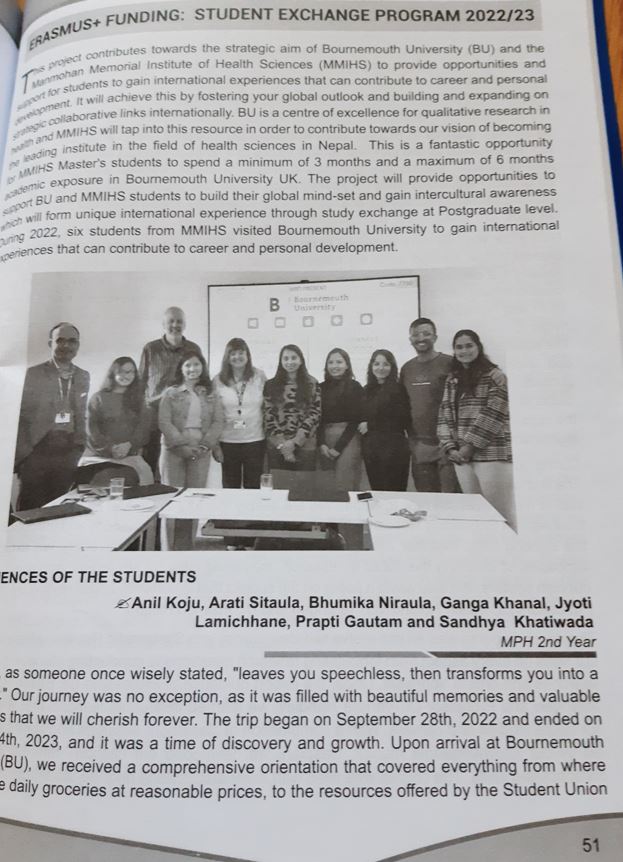
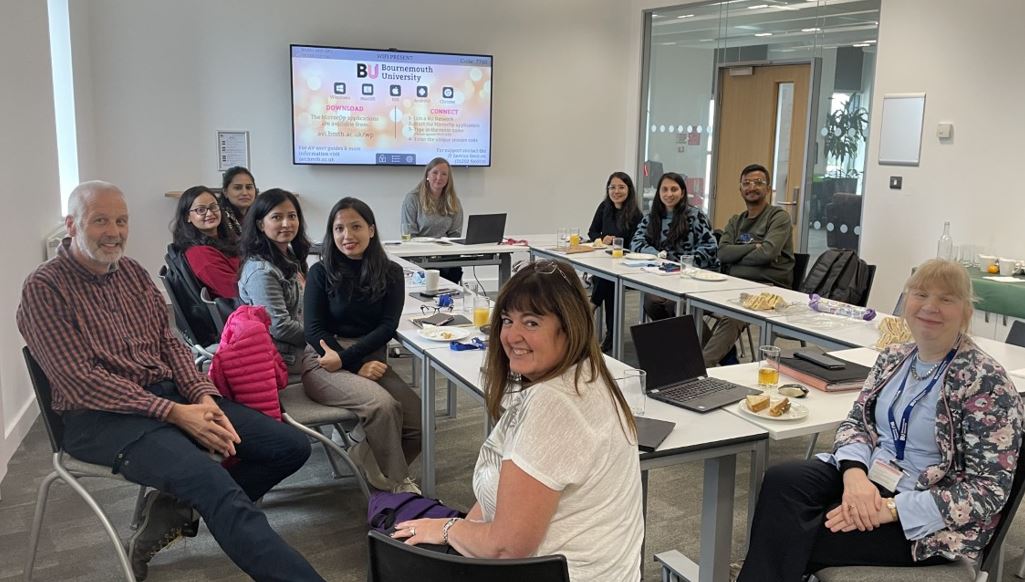
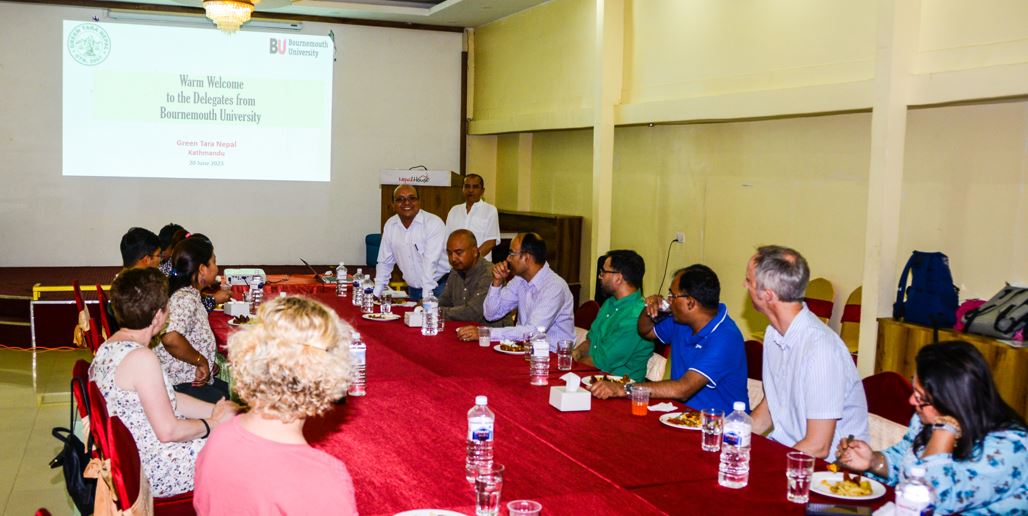
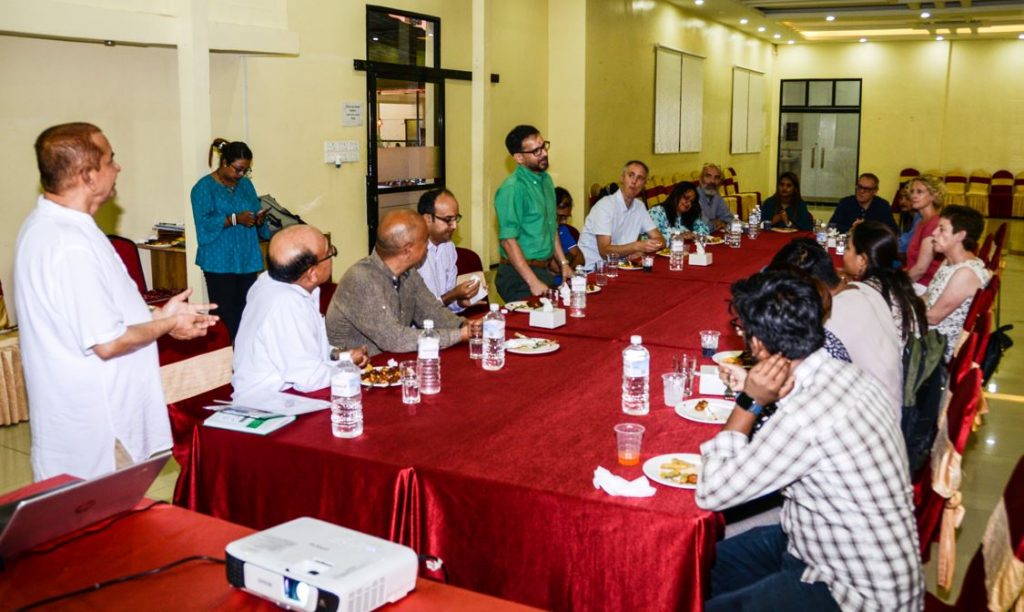

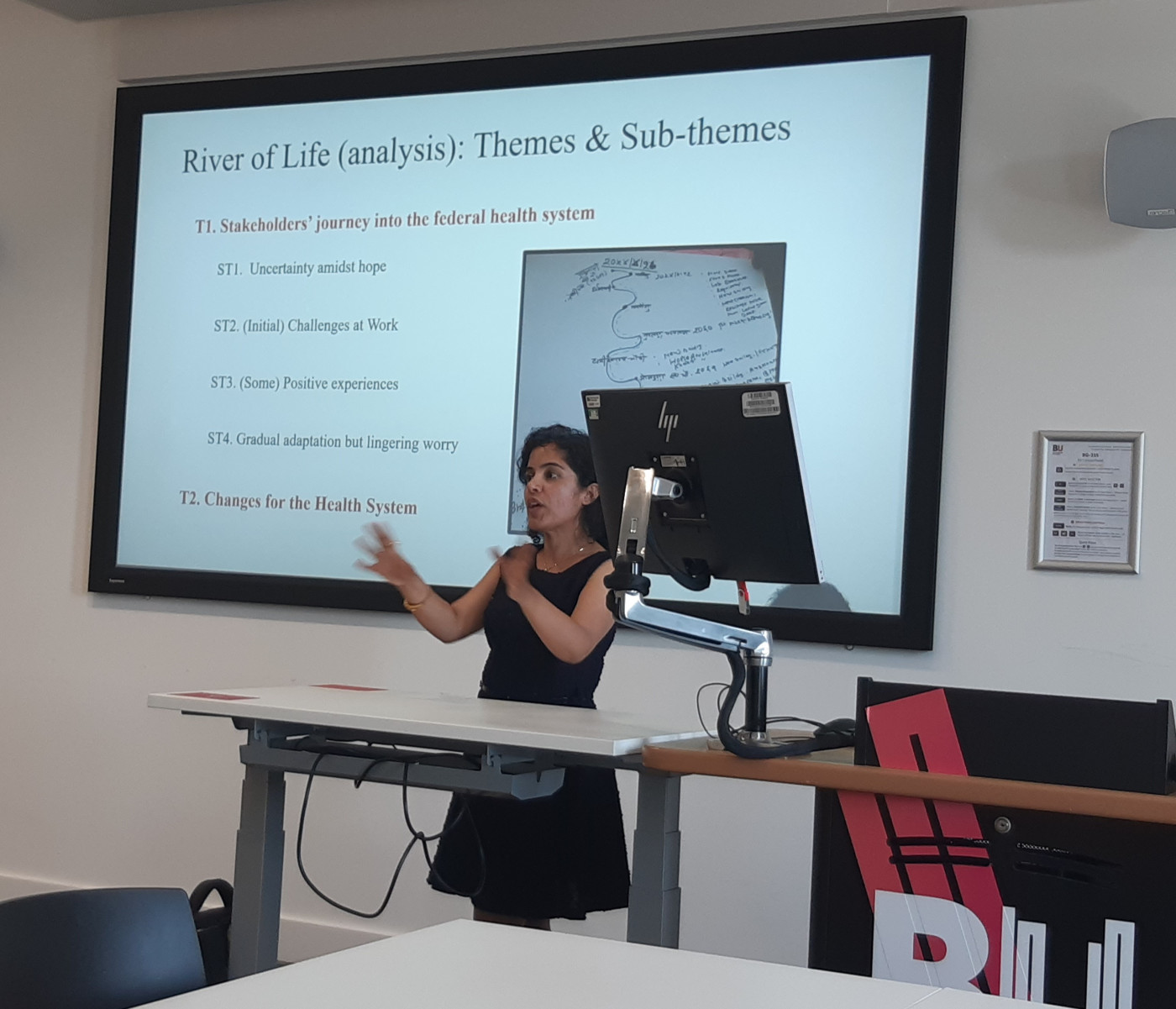

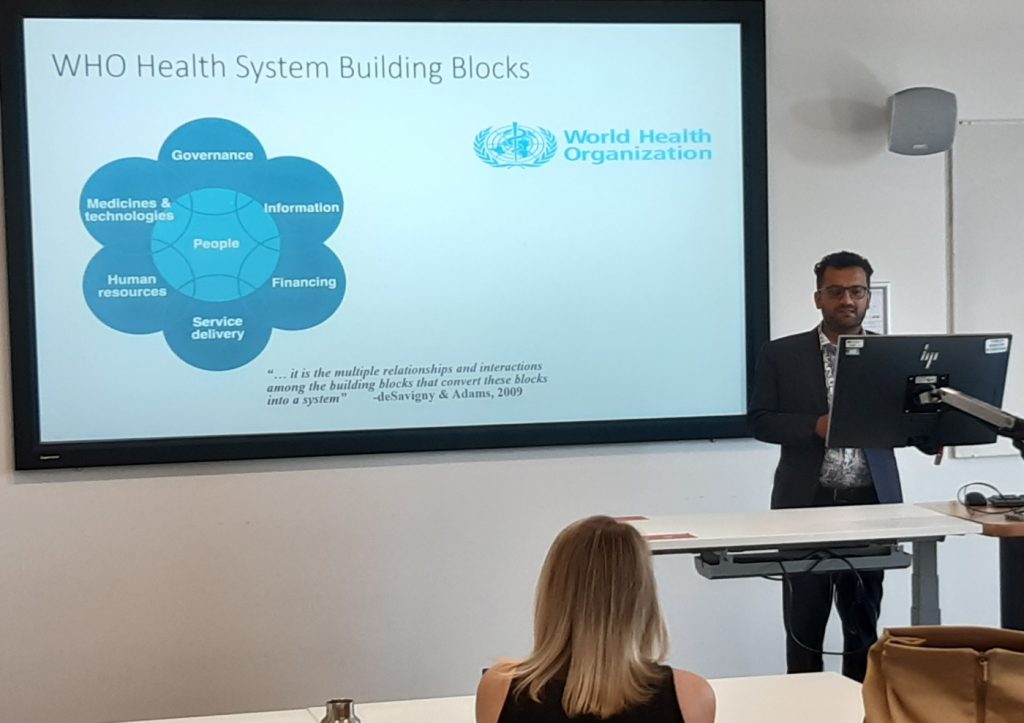
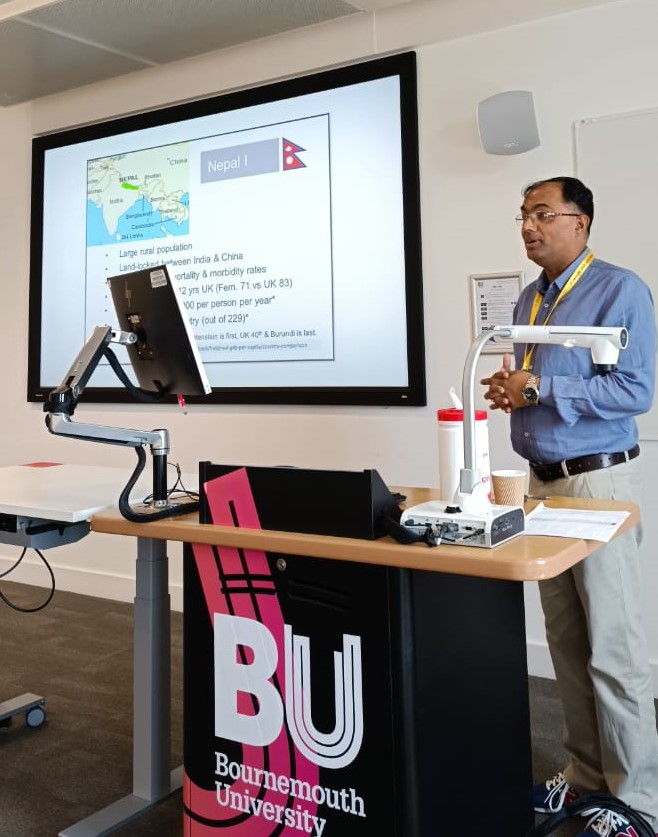
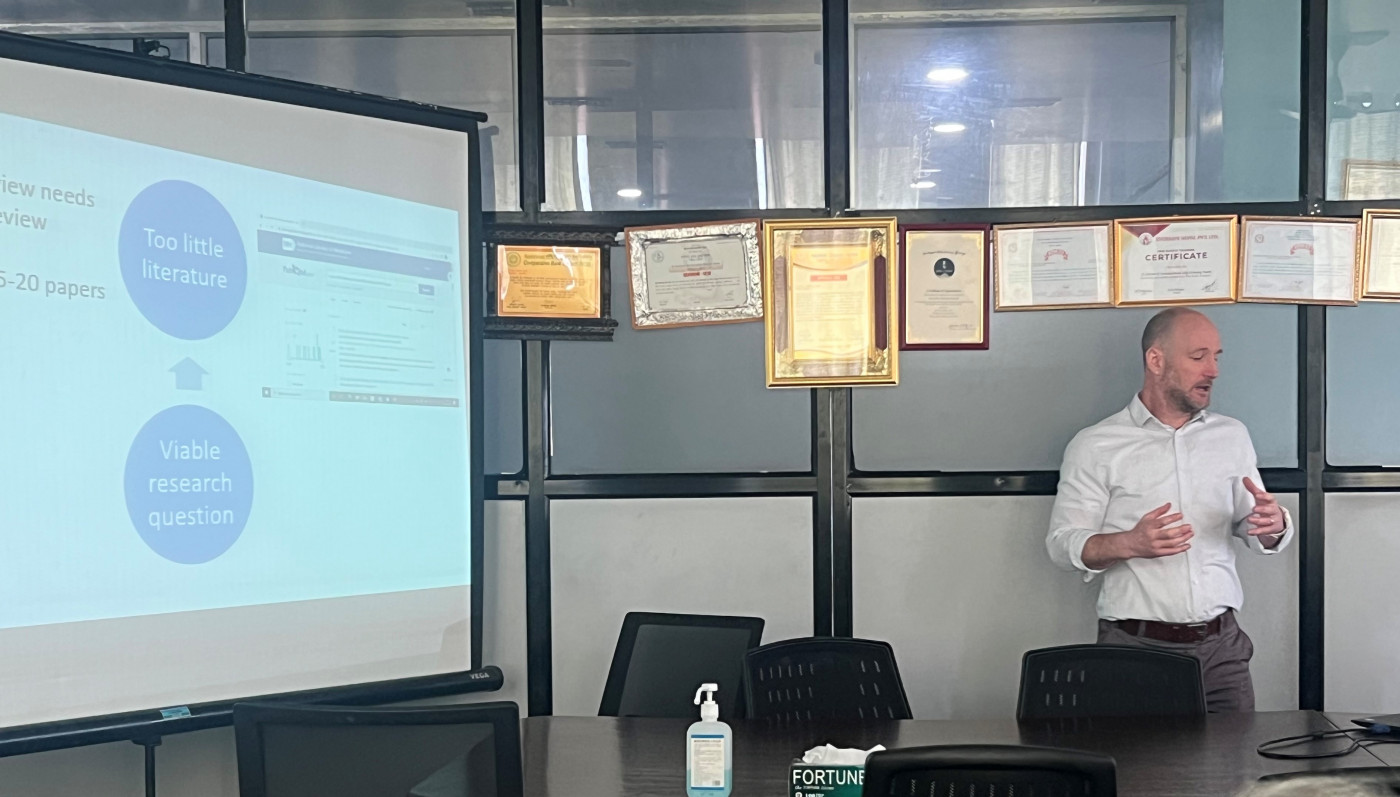


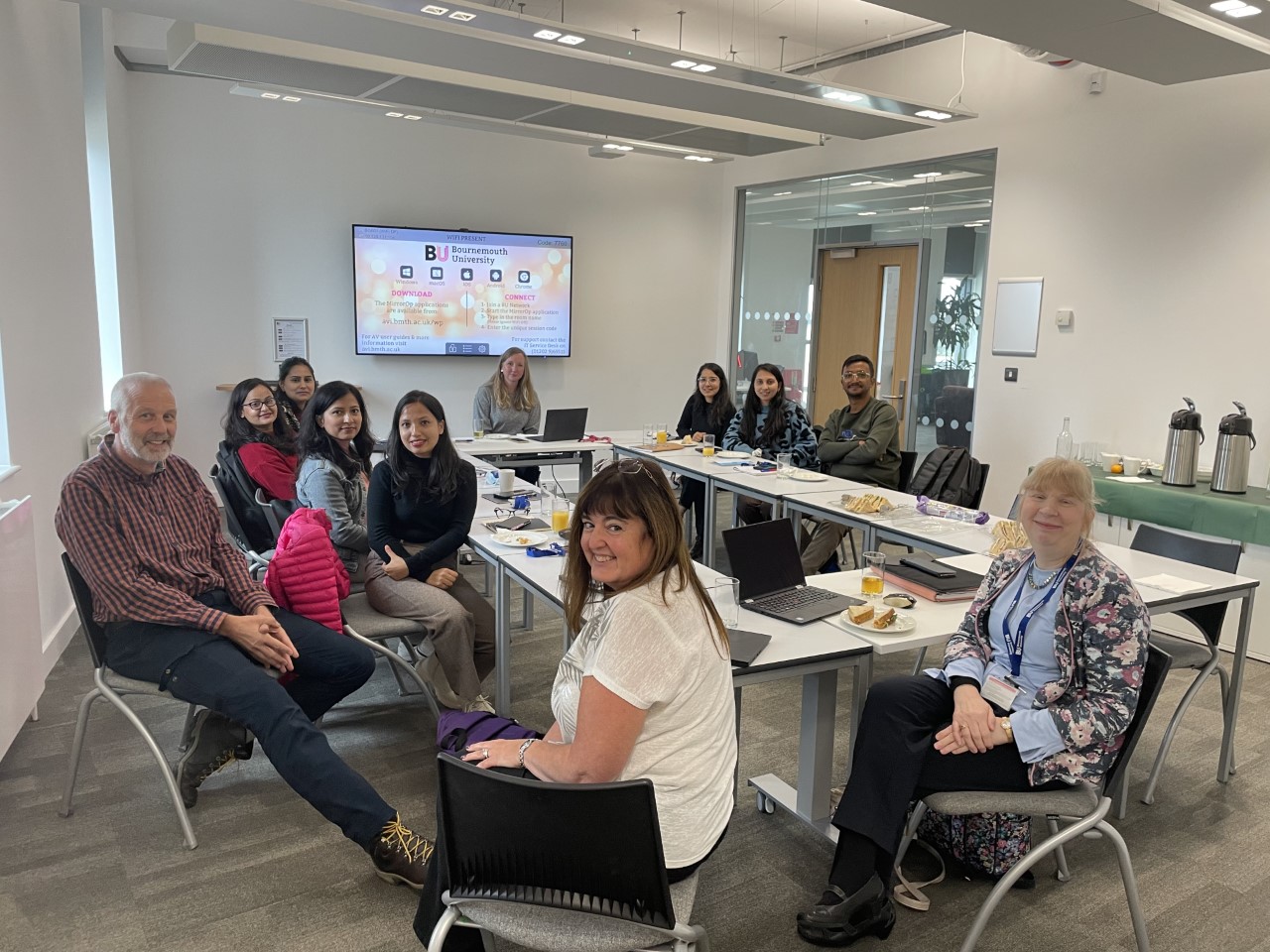
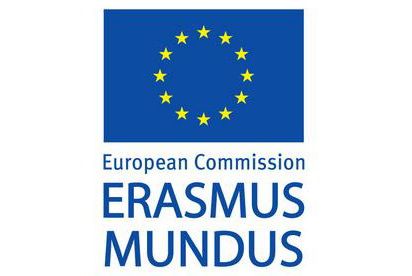
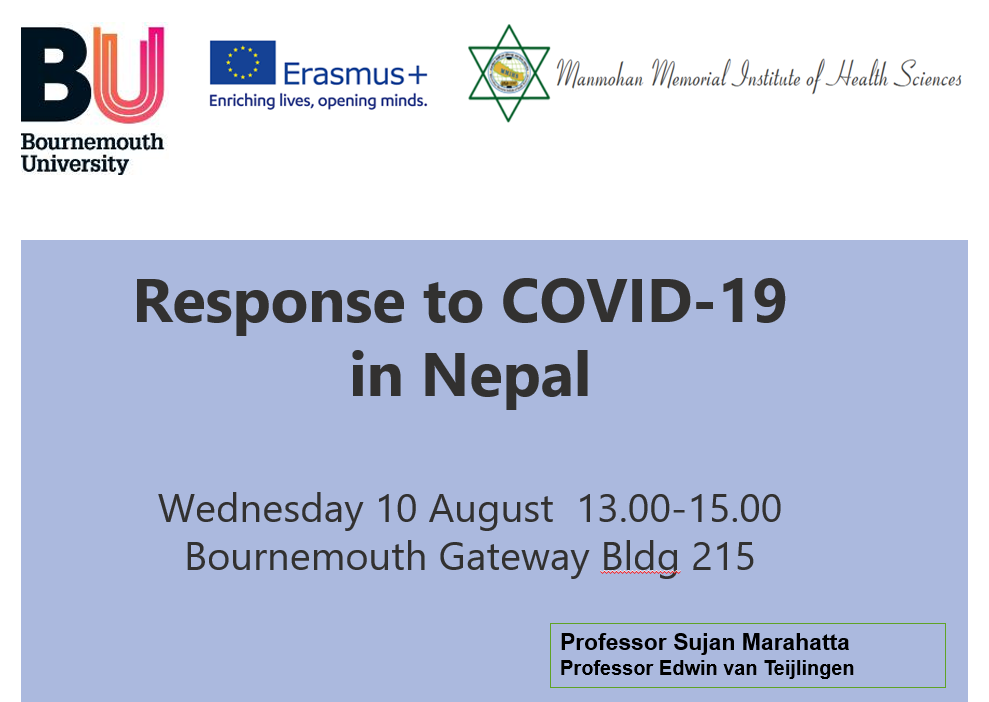
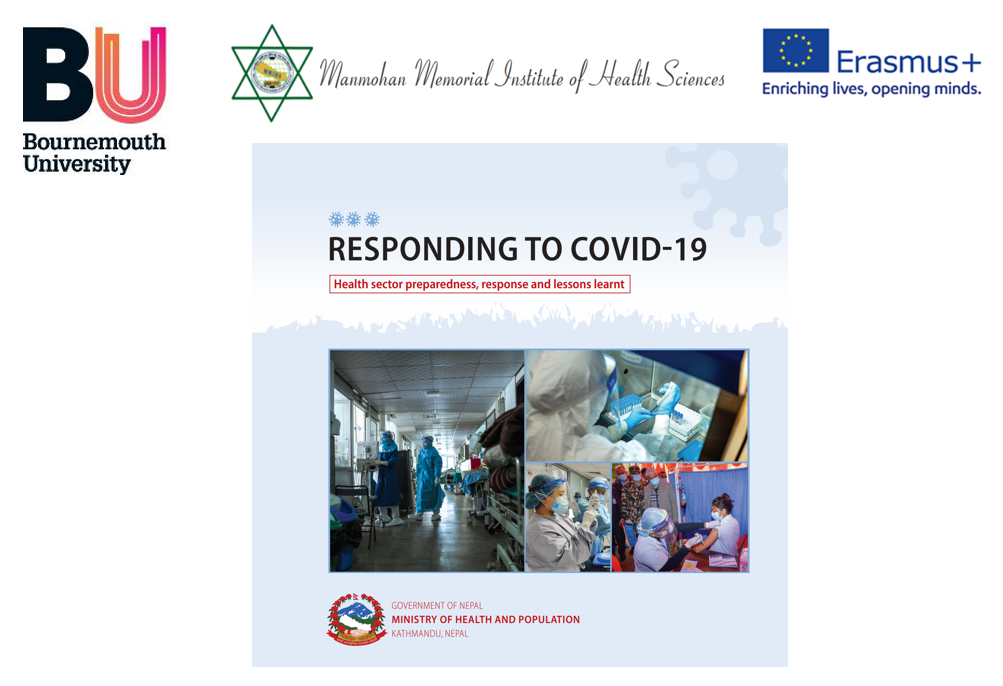

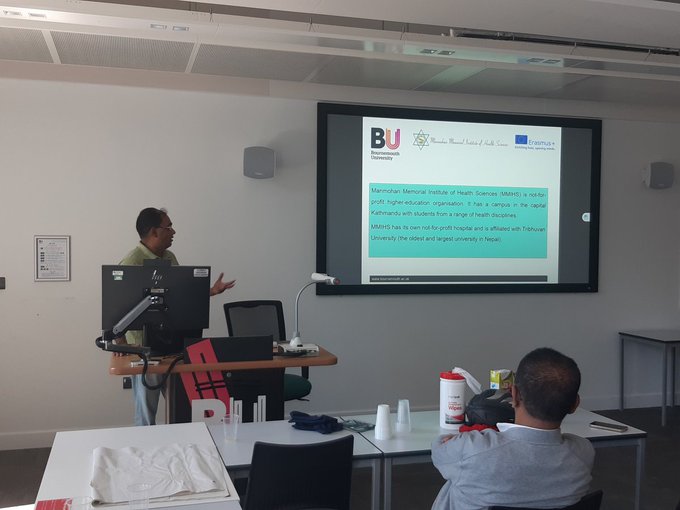


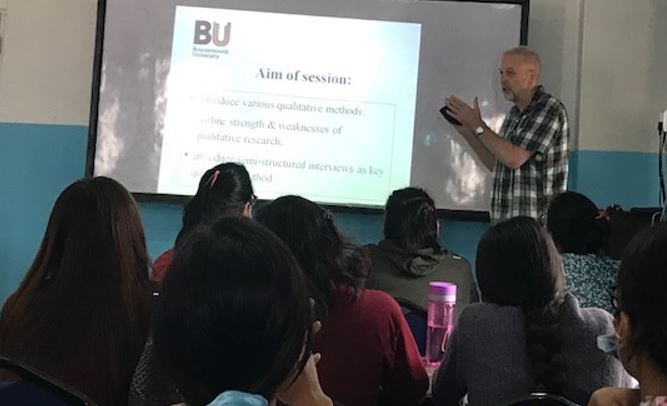
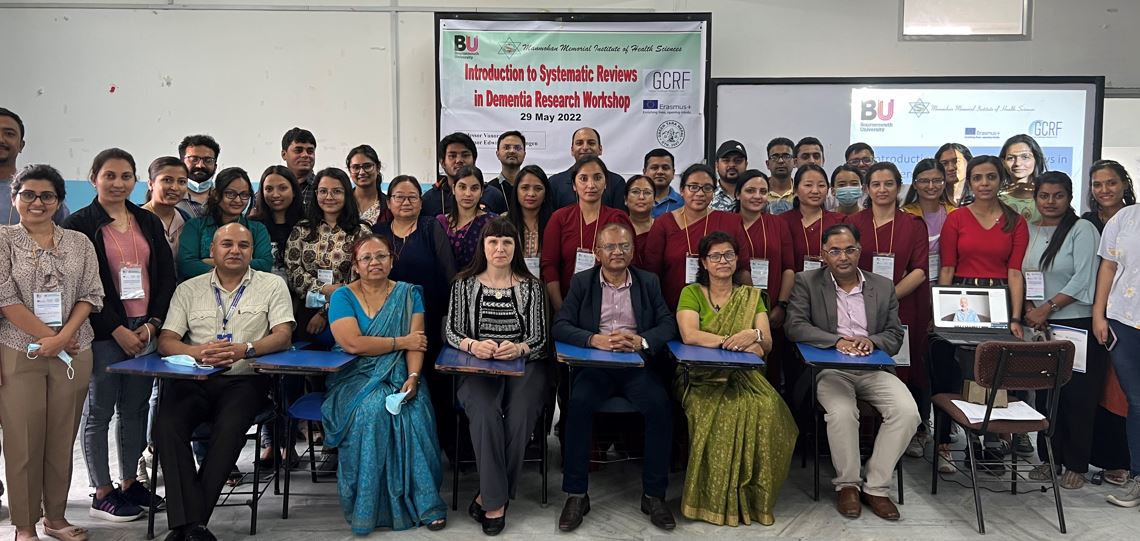
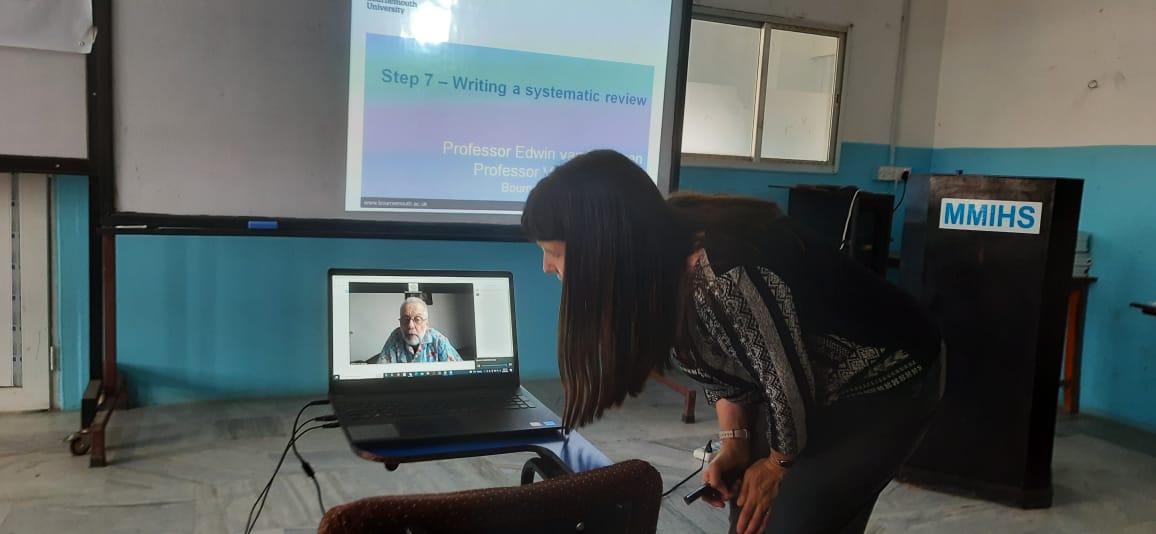
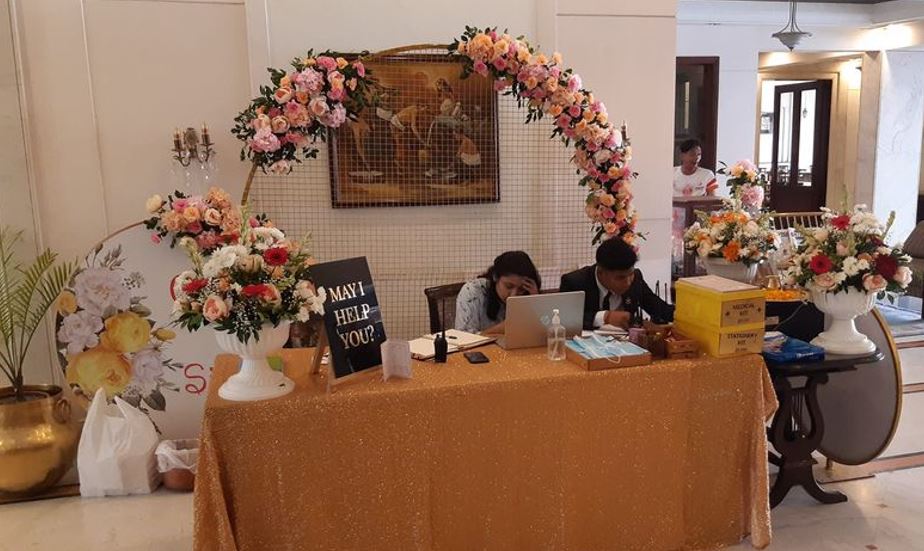




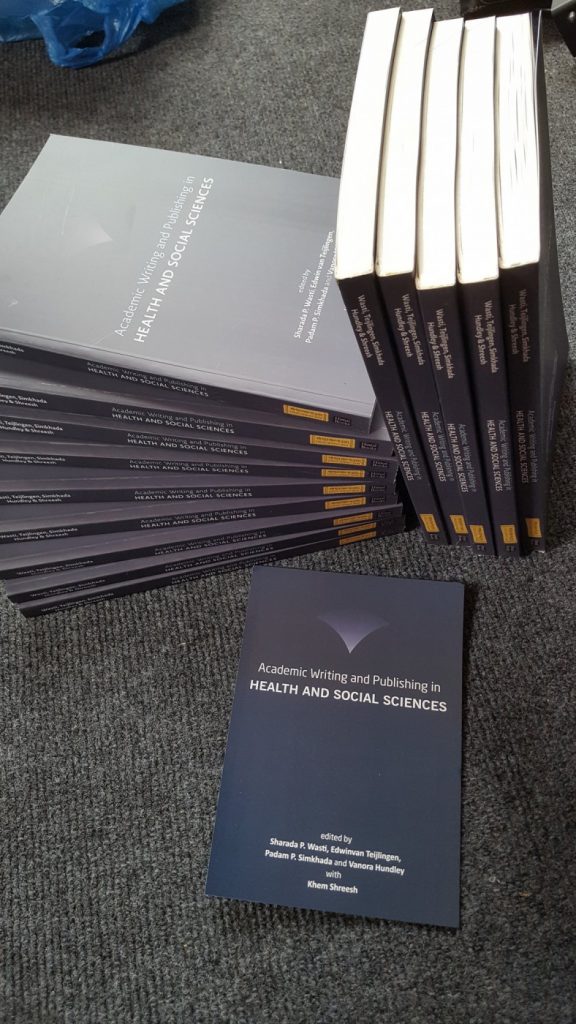

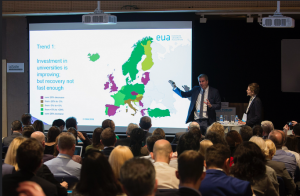
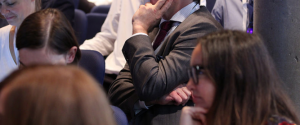
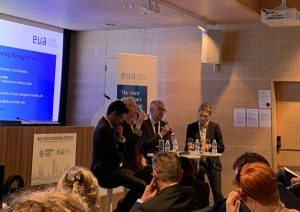

 Professor Maria-Victora Sanchez-Vives is the leader of an associated project within the large Human Brain Project initiative,
Professor Maria-Victora Sanchez-Vives is the leader of an associated project within the large Human Brain Project initiative, 

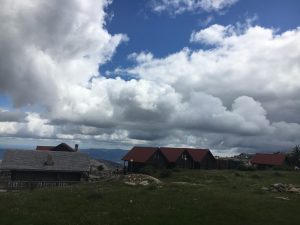


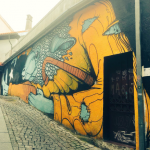

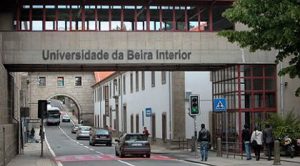
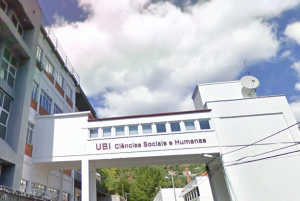

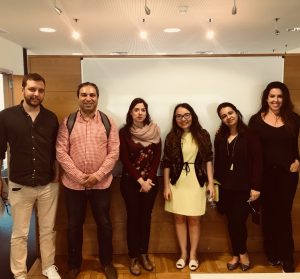




 Latest news on Brexit
Latest news on Brexit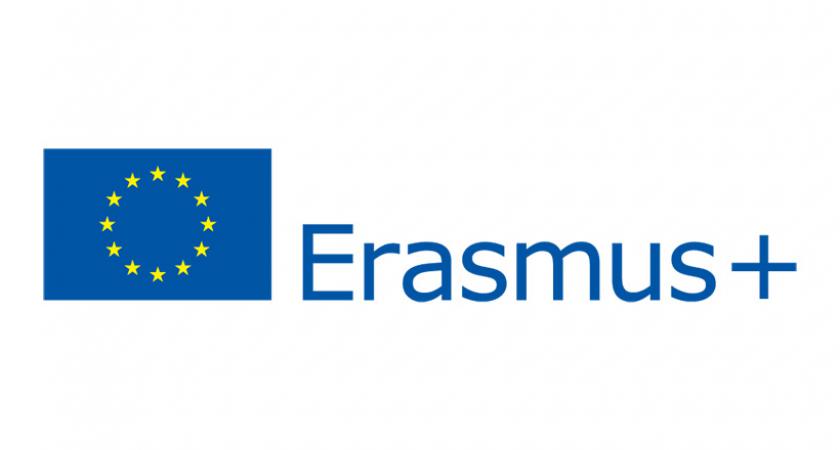 If you are planning to apply for funding in 2018 through Erasmus+, the European Union’s programme for education, training, youth and sport, you can start to prepare your grant application now. The Erasmus+ Programme Guide, which provides detailed information on how to apply, is available
If you are planning to apply for funding in 2018 through Erasmus+, the European Union’s programme for education, training, youth and sport, you can start to prepare your grant application now. The Erasmus+ Programme Guide, which provides detailed information on how to apply, is available 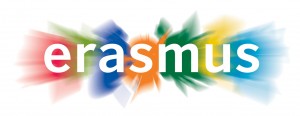











 Beyond Academia: Exploring Career Options for Early Career Researchers – Online Workshop
Beyond Academia: Exploring Career Options for Early Career Researchers – Online Workshop UKCGE Recognised Research Supervision Programme: Deadline Approaching
UKCGE Recognised Research Supervision Programme: Deadline Approaching SPROUT: From Sustainable Research to Sustainable Research Lives
SPROUT: From Sustainable Research to Sustainable Research Lives BRIAN upgrade and new look
BRIAN upgrade and new look Seeing the fruits of your labour in Bangladesh
Seeing the fruits of your labour in Bangladesh ECR Funding Open Call: Research Culture & Community Grant – Apply now
ECR Funding Open Call: Research Culture & Community Grant – Apply now ECR Funding Open Call: Research Culture & Community Grant – Application Deadline Friday 12 December
ECR Funding Open Call: Research Culture & Community Grant – Application Deadline Friday 12 December MSCA Postdoctoral Fellowships 2025 Call
MSCA Postdoctoral Fellowships 2025 Call ERC Advanced Grant 2025 Webinar
ERC Advanced Grant 2025 Webinar Update on UKRO services
Update on UKRO services European research project exploring use of ‘virtual twins’ to better manage metabolic associated fatty liver disease
European research project exploring use of ‘virtual twins’ to better manage metabolic associated fatty liver disease